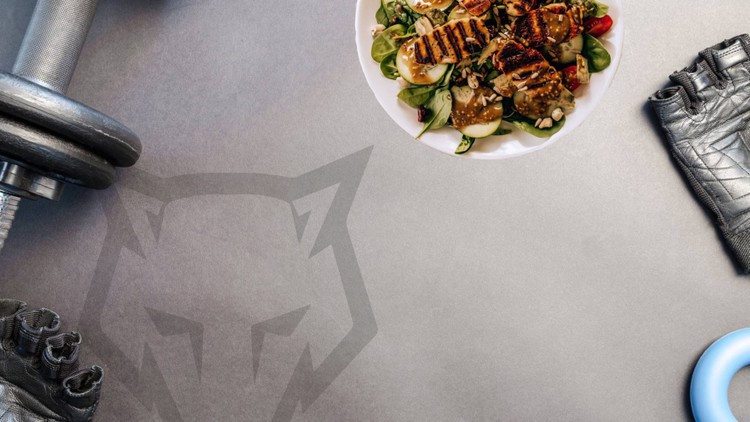
Learn from A to Z all about sports nutrition
What you will learn
Difference between food and nutrition
Goals of nutrition in sport
Best way to get energy according to your sport
How much protein should you consume in the different stages of training?
How many carbohydrates to consume according to your sports goal?
All about lipids
What kind of nutrition should your sport have?
What to take before, during and after your sport
Classification of sports to know what is its main source of energy
Nutrient function
Metabolism
Carbohydrate loads and what sport it works for
Make your eating plan according to your requirements
Description
Sports nutrition is a specialized area of dietetics that is primarily focused on improving a person’s athletic performance.
Elite athletes, bodybuilders, cyclists, surfers, passionate marathon runners, avid gym goers, and those who participate in team sports. What do all these people have in common? While the chosen form of training may seem quite varied, the truth is that anyone who regularly exercises or competes in any form of sport can greatly benefit from consulting a licensed sports dietitian for more information on sports nutrition.
Believing that only elite athletes or Olympians hire the expertise of a sports dietitian couldn’t be further from the truth. Anyone looking to improve their athletic performance in any capacity, whether they are starting to get more active or a professional. in their field, they will benefit from adjusting their nutrition strategy to better suit their specific goals and training program.
We will teach you the nutritional strategies that athletes use to improve their health, aesthetics and physical performance.
You will know the necessary tools to be able to lose weight or gain weight, all according to your personal goals or those of your clients.
You will learn nutritional strategies for athletes in order to enhance their results at an aesthetic and competitive level.
Content